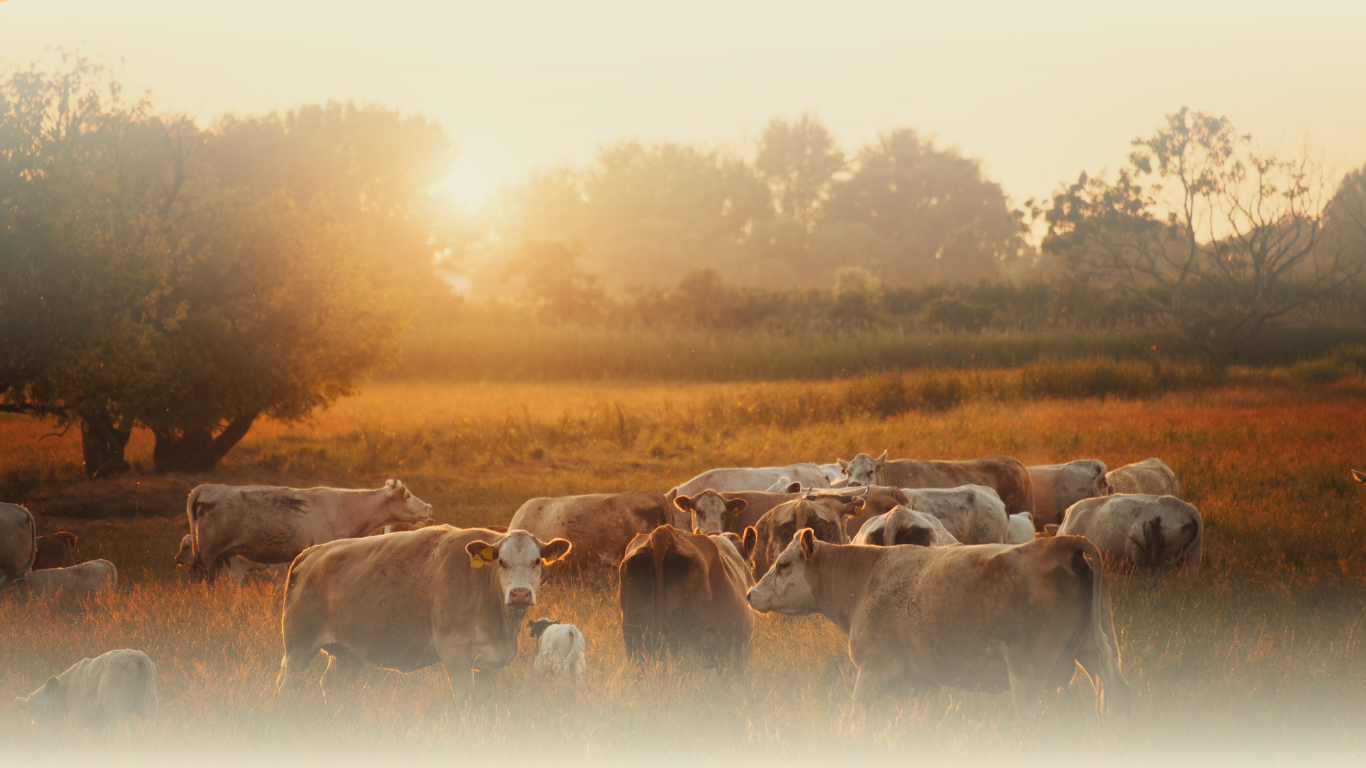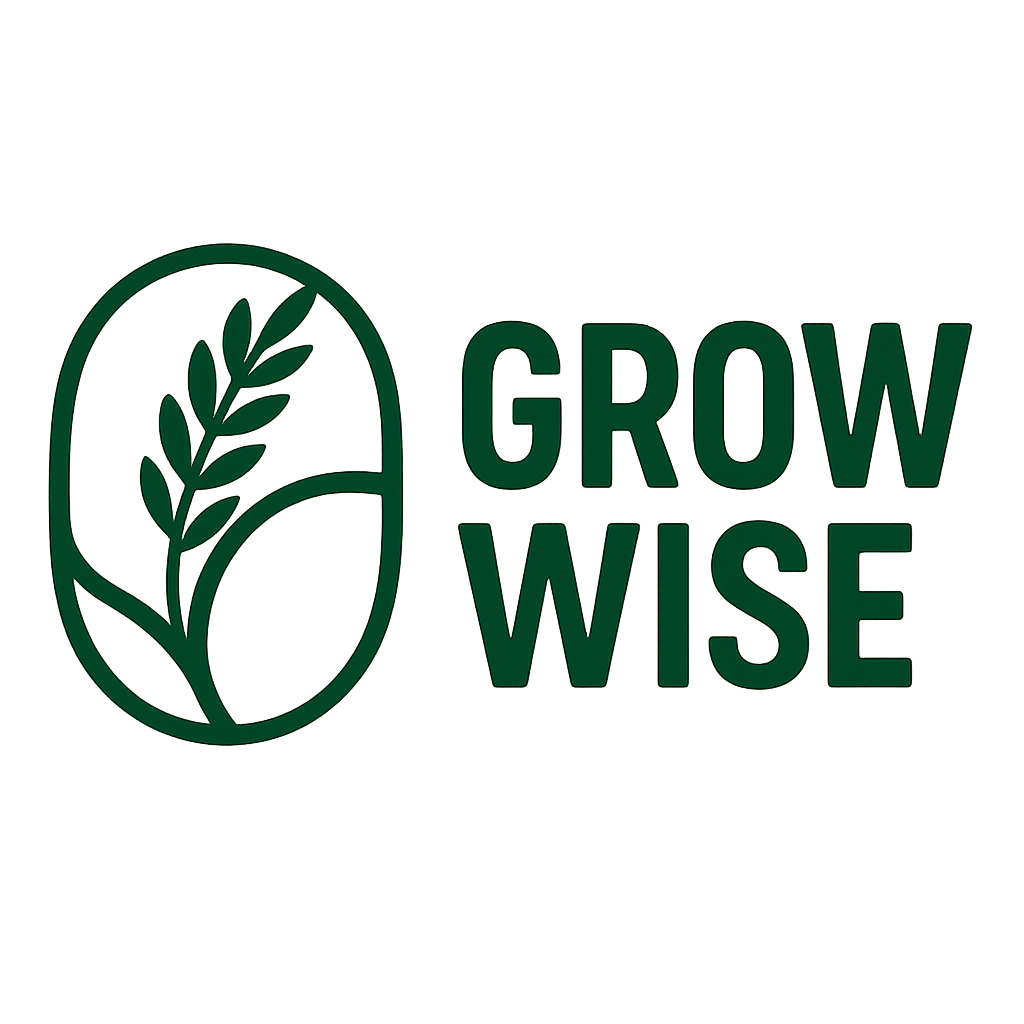Reflections from CHEESE 2025: Photosynthesis, True Wealth, and Regeneration
Sep 26, 2025
Last week I had the great honor of speaking at CHEESE 2025 in Bra, Italy, in collaboration with the University of Gastronomic Sciences. Together with Simon Goodall, Hub Leader of Gestione Olistica Italia and long-standing educator with the Savory Institute, we shared perspectives on how photosynthesis, regeneration, and cooperation can shape the future of farming, food culture, and our common home.
Speaking alongside Simon Goodall
It was a true privilege to speak alongside Simon Goodall, who has decades of experience in farming, education, and large-scale projects that bring life back to degraded lands. His work embodies what Holistic Management is all about: creating ecological, economic, and social resilience at the same time. His depth of knowledge and practical experience complemented my own work with Grow Wise in Switzerland, where I support farmers, landowners, and investors to regenerate soils and strengthen rural livelihoods.
Our conversation centered on a simple truth: the real wealth of our societies begins with photosynthesis. Green plants capture sunlight, build soils, and make food systems possible. When we take care of this process, we are not only ensuring abundance for today, but also building a foundation of resilience for future generations.
The value of Holistic Management in a university setting
What made this session particularly inspiring was the cooperation with the University of Gastronomic Sciences. Bringing a Holistic Management perspective into dialogue with academic fields felt natural, because it touches on so many areas that align with a university program:
-
Finance, when we talk about long-term investment in natural capital.
-
Biodiversity, when we measure resilience through the diversity of plants, animals, and microorganisms.
-
Soil science, when we look at how healthy soils store water and carbon.
-
Marketing and culture, when we connect ecological practices to high-quality food and local gastronomy.
Holistic Management is where these subjects converge. It offers a framework to integrate them into a whole, creating lasting wealth, resilience, and regeneration.
Meeting producers from around the world
One of the highlights of CHEESE was meeting producers and farmers from all over the world. Each person carried stories of challenges — rising costs, changing climates, fragile soils — and yet the atmosphere was filled with hope and creativity. Listening to their experiences and discussing solutions reminded me why I do this work: because regeneration is something we can only achieve together.
Whether it was dairy producers from Italy, shepherds from the Alps, or farmers from further afield, the common thread was clear. Everyone is looking for ways to keep culture alive by keeping land alive. Every wheel of cheese, every local tradition, every shared meal is part of a larger story of care, stewardship, and regeneration.
Photosynthesis as true wealth
In our talk, Simon and I returned again and again to one central idea: true wealth begins with photosynthesis. Economies, communities, and cultures ultimately depend on the capacity of green plants to capture sunlight, store energy, and build soil. By aligning policies, investments, and daily practices with this process, we can shift from short-term extraction to long-term abundance.
This is not a task for one person or one profession. It is a shared responsibility across farmers, educators, policymakers, businesses, and communities. Regenerating soils and landscapes is not only possible; it is already happening in many places around the world, often with the support of the Savory Institute’s global network of Hubs and educators.
Spreading hope and building resilience
CHEESE 2025 was more than a festival of food. It was a reminder that culture and ecology are inseparable. To taste a piece of cheese is to taste the grasses, the soil, the water, and the care of the people behind it. Meeting so many producers, educators, and students gave me hope that we are moving in the right direction.
The spirit of Slow Food — good, clean, and fair — fits beautifully with the principles of Holistic Management. Together, they point us toward a future where soil regeneration, biodiversity, financial stability, and cultural vitality are not separate goals, but parts of the same whole.
Looking ahead
As I return to my work with Grow Wise in Switzerland, I carry with me the energy and inspiration from Bra. The conversations, the producers, the students, and the colleagues reminded me that regeneration is not just about methods; it is about relationships, cooperation, and shared purpose.
The future of food and farming depends on how we manage the simple miracle of photosynthesis. When we care for soils, plants, and ecosystems, we also care for culture, families, and communities. And when we work together — across countries, institutions, and disciplines — we create resilience that lasts.
CHEESE 2025 was a living example of this cooperation, and I feel deeply grateful to have been part of it.


